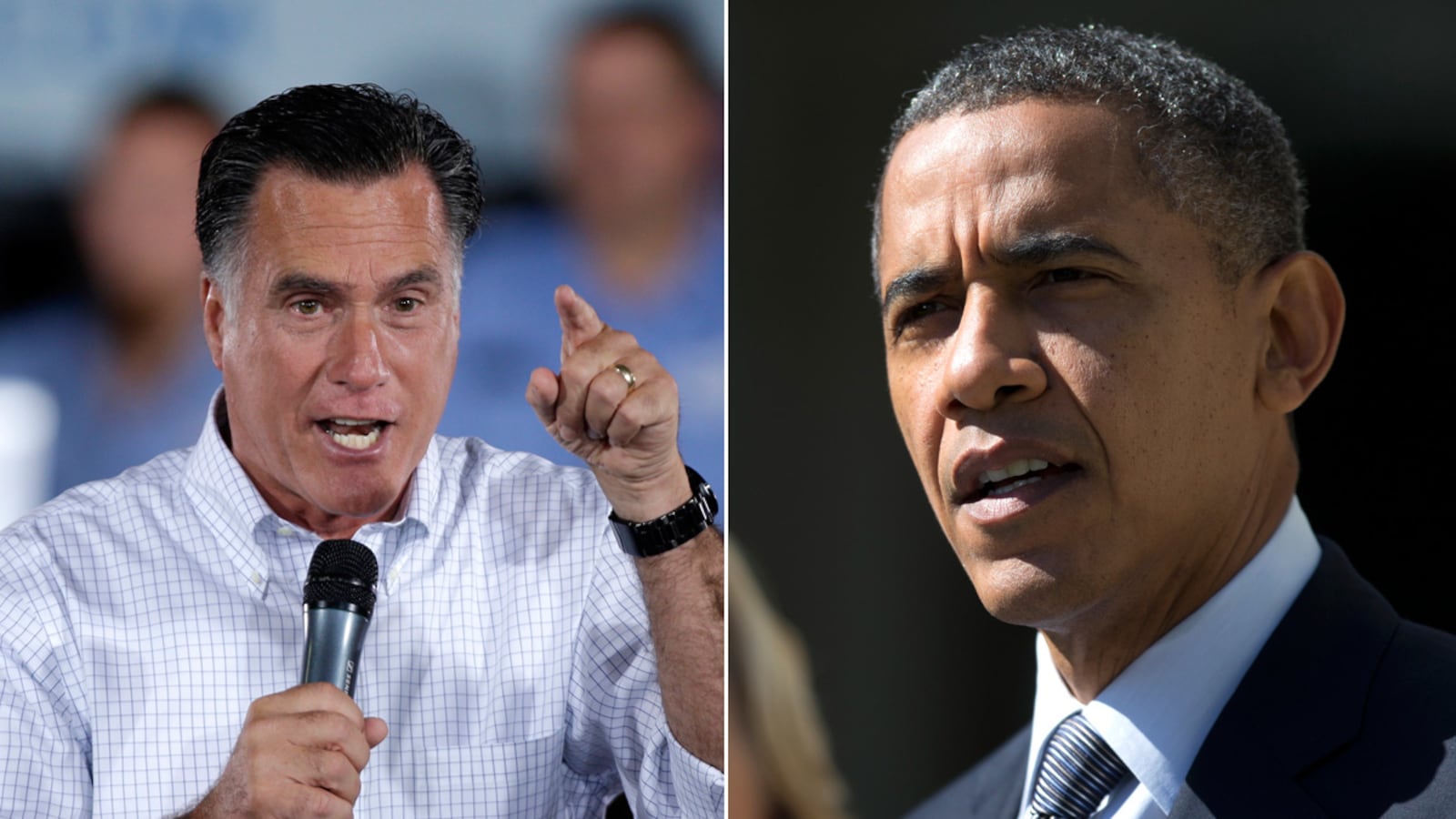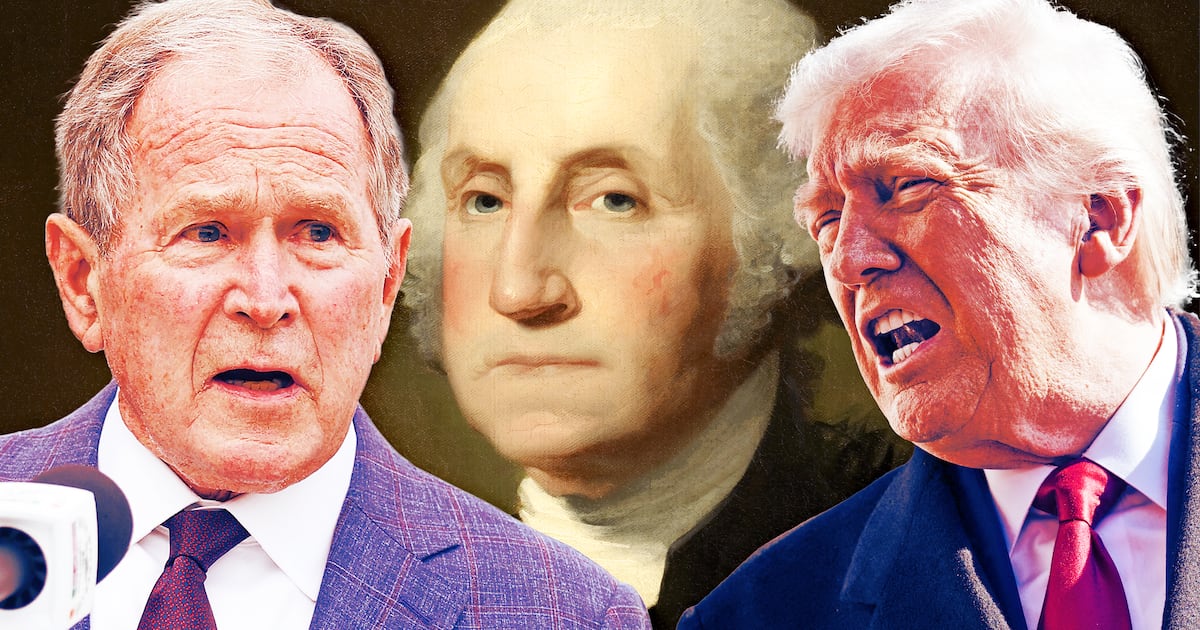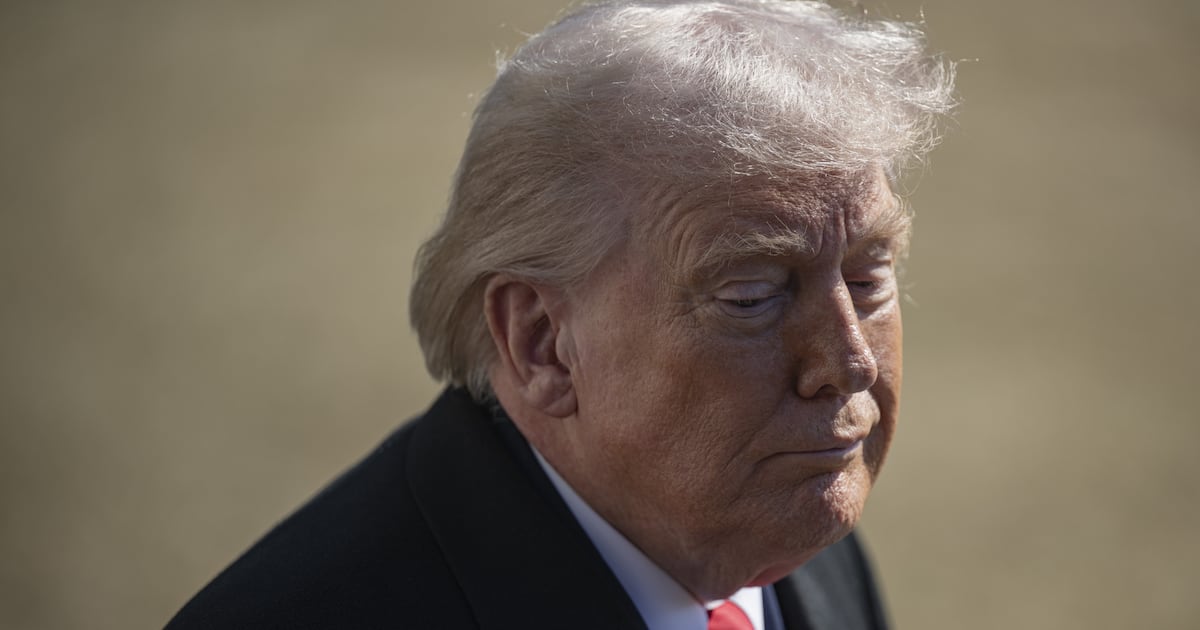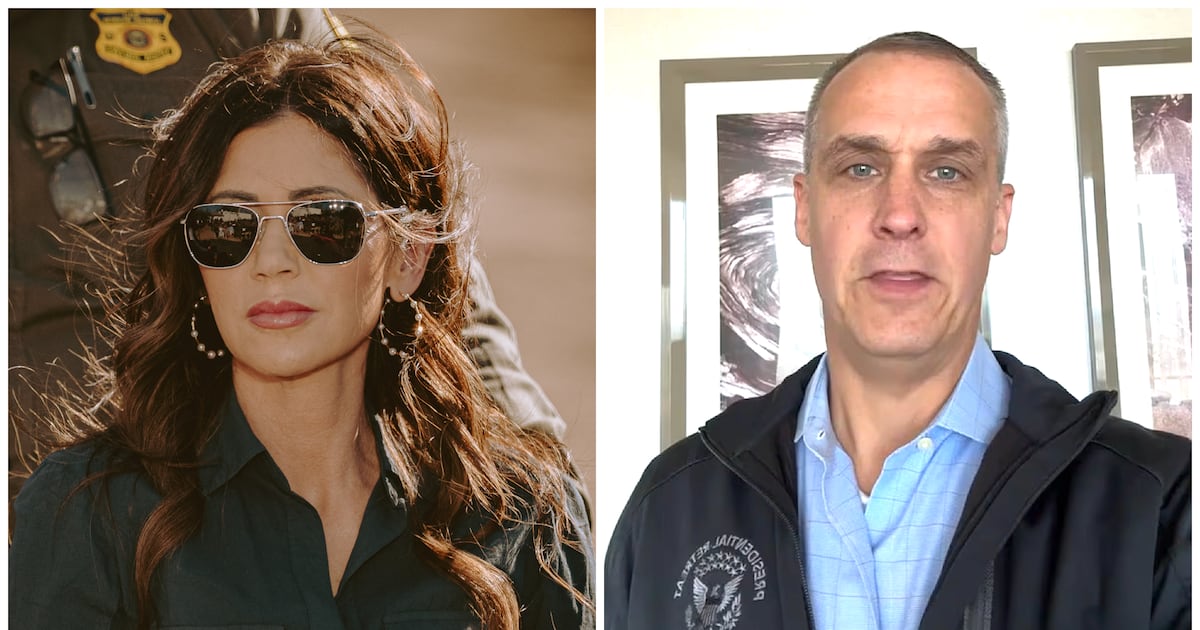When asked if the Romney campaign did the right thing by releasing a statement slamming Barack Obama for a failure of leadership in the wake of a series of brutal attacks on foreign embassies in Libya and Egypt, Richard Williamson paused for several seconds before saying just three words: “It was accurate.”

Williamson, a former envoy to the Sudan, is tasked with coordinating the dozens of members who make up the Romney’s campaign’s foreign-policy team. Pressed further if it was right to issue a political statement before the dust had cleared and the death toll was known, a statement that condemned President Obama but didn’t mourn those lost, Williamson said simply, “Sure.”
“Ty Cobb was the greatest hitter of all time and he batted about .355. And he is still the greatest hitter,” Williamson explained later in the interview. “There isn’t something in my 63 years I couldn’t have done better except con my wife into marrying me.”
His comments came amidst a growing outcry from both sides of the aisle that the Romney campaign had been too quick, jumping out to criticize the administration while operations overseas were ongoing. “Gov. Romney seems to have a tendency to shoot first and aim later,” Obama told CBS late Wednesday. “As president, one of the things I’ve learned is you can’t do that.”
For the better part of three years, Romney has called the Obama administration too deferential to antagonists, too tepid in its willingness to stand up for American values and too apologetic for past misdeeds instead of proclaiming the U.S’s role as a beacon of liberty for generations.
And so when the U.S. Embassy in Cairo issued a statement apologizing for an anti-Islam video that appeared to have set off the violence, and the State Department Twitter feed appeared to follow suit, the opportunity was too ripe: not just to hit the administration, but to show how a Romney foreign policy would work—that is, quick, decisive, leaving little doubt about where the president would stand.
“I’m outraged by the attacks on American diplomatic missions in Libya and Egypt and by the death of an American consulate worker in Benghazi,” Mr. Romney said in a statement released a little after 10 p.m. Tuesday, but embargoed until midnight, when it would technically not be Sep. 11 anymore. “It’s disgraceful that the Obama Administration’s first response was not to condemn attacks on our diplomatic missions, but to sympathize with those who waged the attacks.”
What no one in the Romney campaign apparently foresaw was the outrage that would follow, with the media and Democratic partisans slamming the Romney campaign not only for ignoring the traditional day off from campaigning that 9/11 brings—the campaign ended up releasing the statement early after journalists broke the embargo—but for attempting to so quickly politicize an unfolding tragedy.
Nonetheless, those close to and inside the Romney campaign sounded frustrated that the focus has turned on their messaging instead of what they considered to be the Obama camp’s failure to adequately protect the U.S. embassy or respond appropriately.
According to Williamson, as the Romney team figured out how to respond to the embassy’s apparent apology, they were not aware of the extent of the damage being done. Opinion was mixed about whether or not it made sense to wait.
“There was a discussion, as there always is,” he said. “People felt like this was the right way to do it and the candidate agreed and I think it is just malarkey that we are talking about this political spin.”
More important than a day’s worth of sniping press releases—and the two sides continued to trade barbs throughout the day—is what the fracas reveals about a potential Romney foreign policy. Romney’s aides and allies said that the quick reaction last night revealed something about how they would lead from the front, with bright red lines about acceptable and unacceptable behavior overseas. Yet some right-leaning foreign policy mavens couldn’t help but cringe a bit over what appeared to be an unforced error from their campaign.
“I am hesitant to judge somebody who is tweeting as a mob forms outside their window,” said Peter Feaver, a professor of political science at Duke and Romney backer. “The challenger has the advantage of saying, ‘how did you throw that interception?’ without ever having to play quarterback.”
Foreign policy experts say that it would be hard at this point to imagine exactly how a Romney administration would have handled the Libya uprising to begin with, or responded to this week’s attacks. Although some on the left have liked to portray the campaign as rife with the kind of saber-rattling neoconservatives that made up the Bush administration, foreign policy mavens see a far more diverse approach. They point to representatives in the campaign from the neocon, anti-interventionist “paleo-conservative” and realist schools of foreign policy. This has created some internecine power struggles within the campaign, as moderates like Mitchell Reiss and Richard Grenell have been pushed aside.
Still, three of Romney’s top advisors—Williamson, former Missouri Senator Jim Talent, and Kent Lucken, a longtime Romney friend—are likely to find a prominent home in a Romney administration, according to watchers of the Romney campaign apparatus. Their approach likely wouldn’t be as aggressive in democracy promotion and the use of force as the Bush administration, nor as willing to partner with erstwhile opponents as the Obama administration has been.
“I don’t think they would be that much different, [from the Obama administration],” said Michael Rubin, a foreign policy expert at the right-leaning American Enterprise Institute. “I think that Mitt Romney frankly wishes that foreign policy would go away. The pick of Paul Ryan as VP showed that they want to talk about the economy, and let’s face it, foreign policy is a drain on the economy.”






